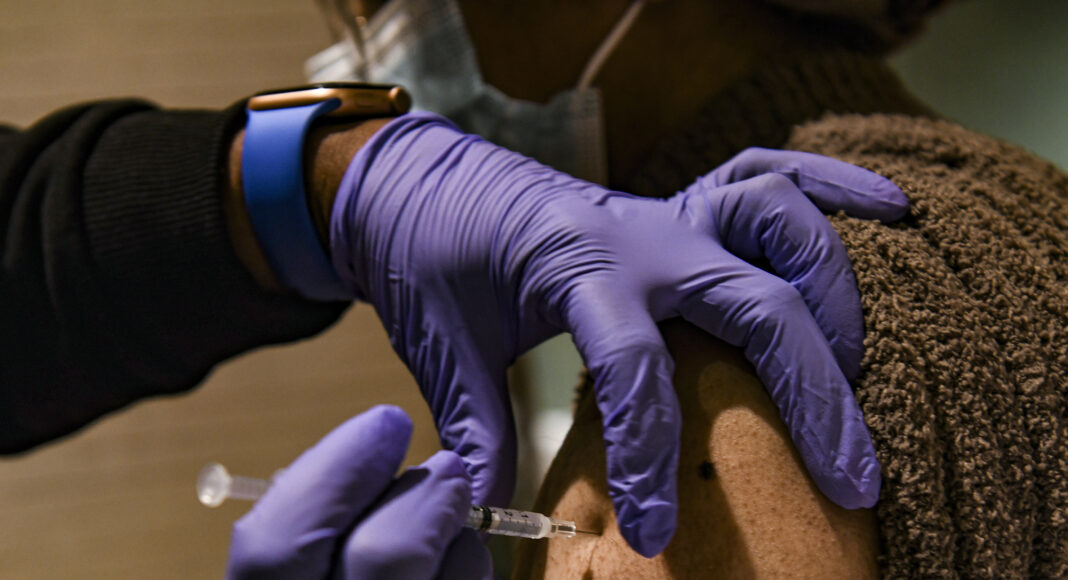By Sharon LaFraniere, The New York Times
The Food and Drug Administration on Monday announced that it would convene a meeting of its outside advisory panel on vaccines to discuss the U.S. COVID-19 booster strategy April 6.
The panel will not take up pending applications from Pfizer-BioNTech and Moderna for emergency authorization of second booster shots, the agency said. Last week, Pfizer and BioNTech asked regulators to allow them to offer another dose to those 65 and over, and Moderna asked to offer another dose to all adults.
Regulators may rule on those requests before the April meeting without asking for the committee’s advice, according to people familiar with the situation. Over the course of the pandemic, both the FDA and Centers for Disease Control and Prevention have repeatedly asked their expert panels to weigh in with recommendations on vaccines, but the FDA has also acted independently.
The virus’ spread continues to ebb in the United States, with hospitalizations and reports of new infections both at their lowest levels since the summer. In a statement, Dr. Peter Marks, who heads the FDA division that regulates vaccines, said: “Now is the time to discuss the need for future boosters as we aim to move forward safely, with COVID-19 becoming a virus like others such as influenza that we prepare for, protect against and treat.”
On Sunday, Dr. Anthony Fauci, President Joe Biden’s top pandemic adviser, predicted an uptick in U.S. cases similar to the rise in many European countries, where BA.2, an omicron subvariant similar to the version that recently swept the United States, has taken hold. Some scientists are worried that the United States may not be doing enough to prevent another surge.
It is “no time at all to declare victory, because this virus has fooled us before, and we really must be prepared for the possibility that we might get another variant,” Fauci said. “And we don’t want to be caught flat-footed on that.”
Officials from the CDC and the National Institutes of Health are members of the expert committee and are expected to attend the April 6 session.
About 48% of eligible American adults, or 93 million people, have gotten booster shots so far, according to the CDC. More than two-thirds of those 65 or older who are eligible have gotten them.
The latest data from the CDC showed that during the omicron surge, three shots of Pfizer’s or Moderna’s vaccine were 94% effective against death or hospital treatment with a mechanical ventilator. But some other data suggests waning potency of booster shots. CDC data released last month found the effectiveness against hospitalization dropped from 91% two months after a booster shot to 78% after four months.
Outside experts are sharply divided on whether a second booster shot is necessary now, and if so, for whom. Federal health officials have said that another dose for the general population may be best timed for the fall, but regulators may authorize the additional dose of Pfizer-BioNTech’s and Moderna’s vaccines for older Americans soon.
This article originally appeared in The New York Times.














